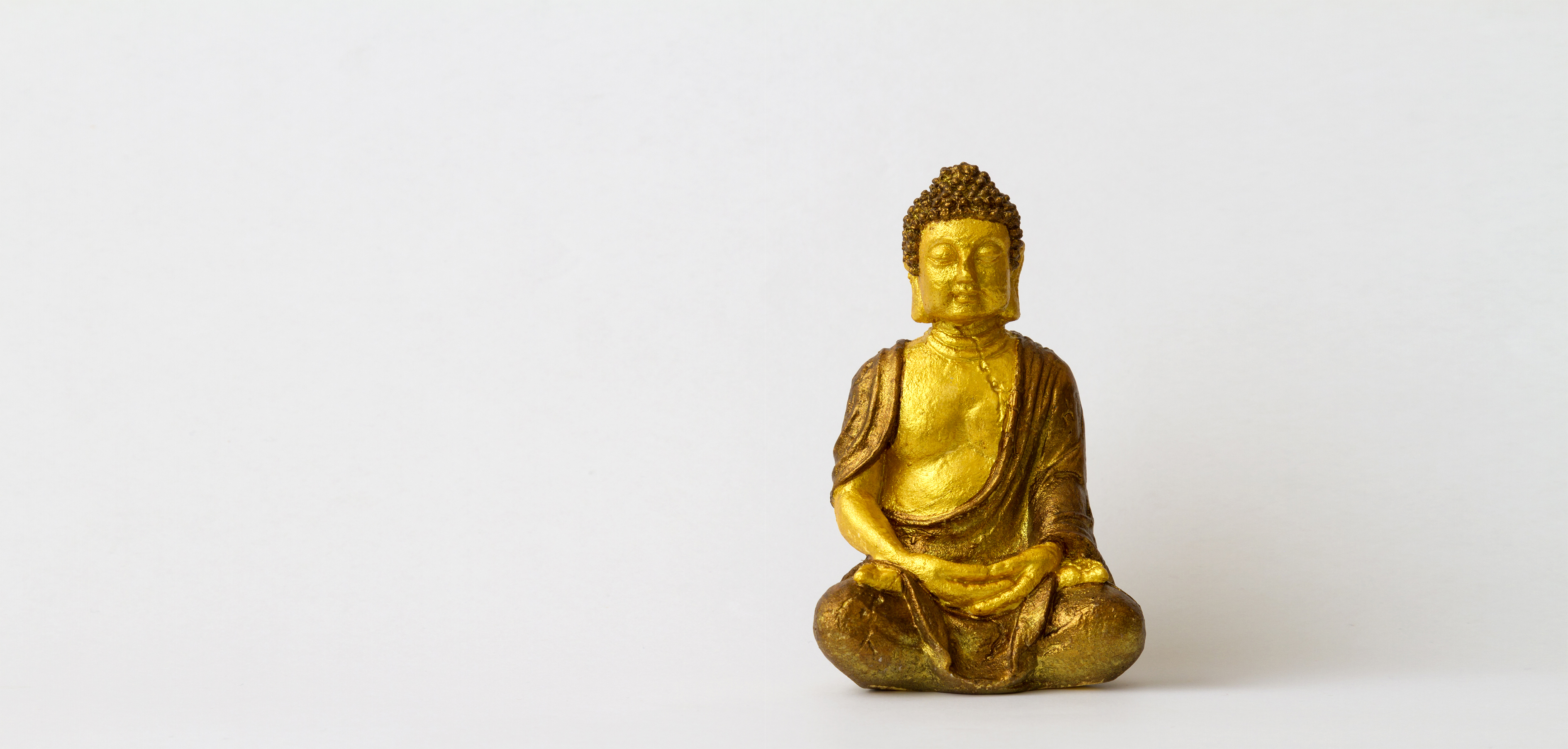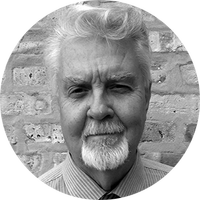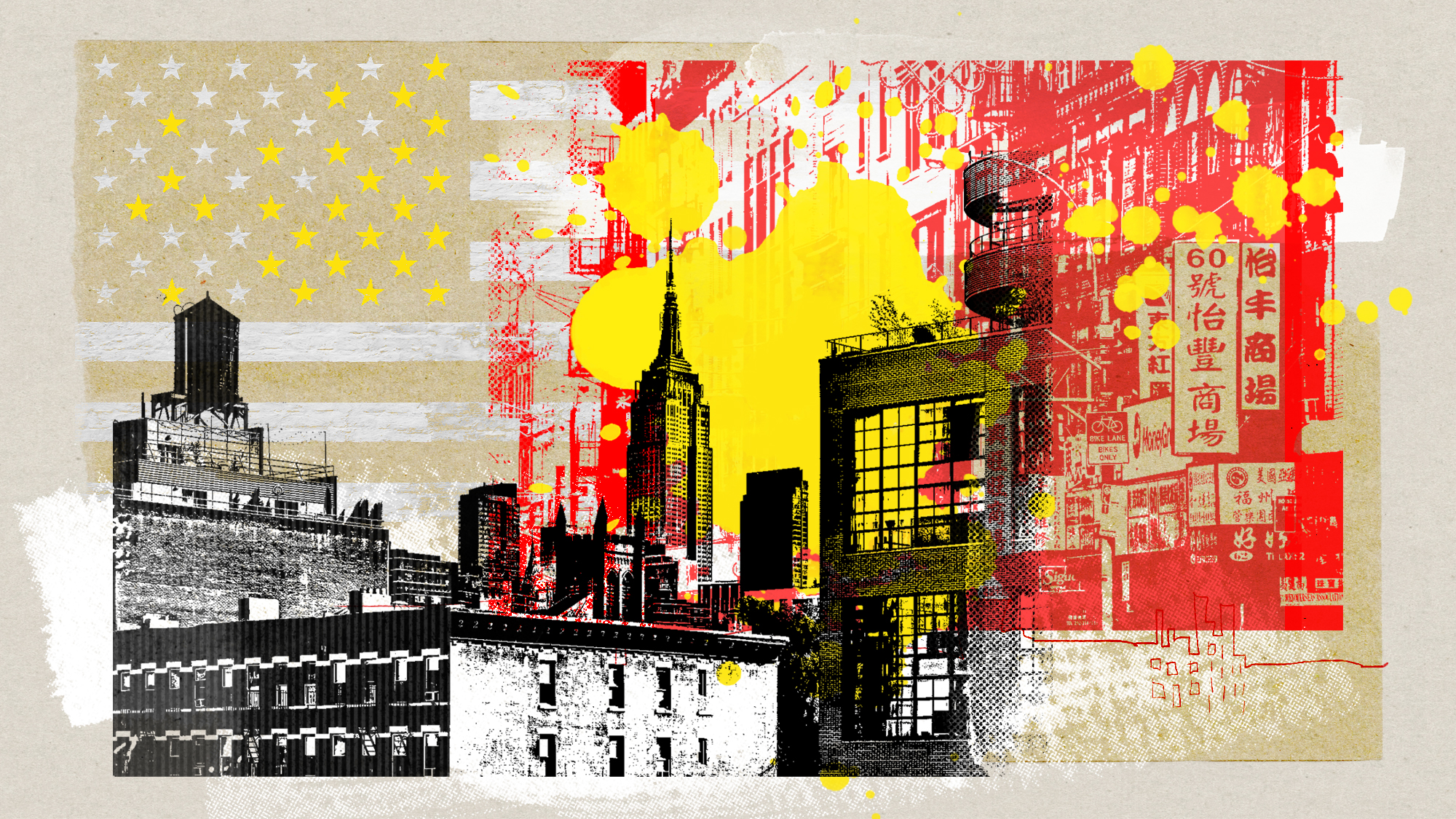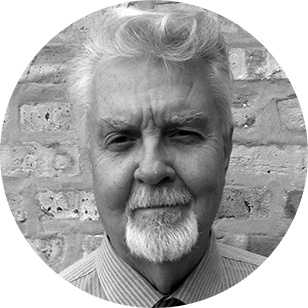The traveling Buddha
A Vietnam veteran's quest to return a stolen religious statue to its rightful owner


I'm not sure why I picked it up, or what it was that attracted me to it, but as I turned the small statue in my hands, I knew I was going to keep it.
It stood about eight or nine inches tall, with gold-colored plating over the cast iron likeness of the Buddha. It sat in perfect meditative tranquility in the midst of a war-torn country, waiting — in my mind — to be rescued. It was heavier than it looked, somewhere between five and 10 pounds. But I knew it would have to be carried for months, adding to the already heavy load I was burdened with as I battled my way across Vietnam. Souvenirs like this were hard to come by and I had learned the hard way, after a prized montagnard crossbow was stolen from me, that if you wanted to take a trophy home, you kept it close to you. So, I tucked the statue away it in my rucksack for the next five months until my rotation back to the States.
The pagoda my unit was ransacking was in a beautiful emerald green valley we Americans called Valley 506, on the central coastal plain of South Vietnam. The monsoon rains had caused the rivers to overflow onto the rice fields. At times, as we traversed the fields, we would see carp and other fish swimming between our legs. It was hard to believe as we walked through this idyllic setting that just a few days earlier, we had been fighting for our lives here, but that's the way things were in Vietnam — incredibly beautiful one minute, horrifically ugly the next. As we wound our way through the valley on our endless search-and-destroy patrols, I would take the little Buddha out when we rested and admire it. I wondered about Buddhists and Buddhism, which were a mystery to me at the time. Being young and naive, I thought maybe, just maybe, the statue may have some mystical power to protect me and get me home safely.
The Week
Escape your echo chamber. Get the facts behind the news, plus analysis from multiple perspectives.

Sign up for The Week's Free Newsletters
From our morning news briefing to a weekly Good News Newsletter, get the best of The Week delivered directly to your inbox.
From our morning news briefing to a weekly Good News Newsletter, get the best of The Week delivered directly to your inbox.
[[{"type":"media","view_mode":"media_large","fid":"208555","attributes":{"alt":"","class":"media-image","height":"450","style":"display: block; margin-left: auto; margin-right: auto;","typeof":"foaf:Image","width":"600"}}]] Matteson's statue, next to a larger Buddha statue | Spencer Matteson
December of 1966 was a fateful month. A few days after we ransacked the pagoda, our company found ourselves at a nearby fire base called LZ Bird. We were guarding two batteries of artillery, and taking a much deserved break from our usual grind of search and destroy. Two days after Christmas we were attacked in the middle of the night by two battalions of North Vietnamese Army troops from the 22nd NVA Regiment. Our position was overrun and we came very close to being annihilated. I can't say for sure my little Buddha had anything to do with it, but I made it through that battle and the others to come in the following months. We both made it home safely the following May.
As the years passed, the little Buddha statue stayed with me. Wherever I lived, it had a prominent place, usually on a mantle or a table where it could be seen, and I was always willing to tell the story of how I came to have it. Over time, my words started to sound hollow to me, like I was bragging about how I had stolen something. My experiences during my tour in Vietnam had left me feeling entitled to take whatever I pleased. And over time, I started to feel more and more like a petty criminal. I vowed that if I ever returned to Vietnam, I would make an honest effort to take the little Buddha home.
Like so many combat veterans, I came home physically whole but with a wound in my soul. In the Civil War they called it Soldier's Heart. In World War I, it was Shell Shock. The term for vets of World War II and Korea was Battle Fatigue. For those of us returning from Vietnam, there was a new label — Post Traumatic Stress Disorder. What nobody told us, though, was how to get through it. Some of us became antisocial and violent. Others could see no way out, and so, took their own lives. In my case, I knew something was wrong with me, but I didn't know what. The sound of a helicopter, a fireworks display, the smell of burning wood, even the sight of an Asian face could take me back to the war in an instant. My solution to the problem was alcohol. I started to drink heavily to blot out my unwanted memories, but eventually my medicine turned on me. I knew that if I wanted to survive, I had to give up my self-destructive ways. So by the early '90s, I put the plug in the jug and began to deal with my past.
A free daily email with the biggest news stories of the day – and the best features from TheWeek.com
Sober and clear-headed, I read voraciously about the war, about PTSD, about Buddhism. I reconnected with my fellow vets and started attending veteran reunions. As I did this, my desire to go back to Vietnam grew until it almost became an obsession.
By 2014, it was time. I was retired and had come into some money, so there was nothing to stop me. I began planning what would become the trip of my life. I intended to spend two-and-a-half months visiting Vietnam, Cambodia, and Laos, and take a short side trip to China to visit a friend living in Shanghai. But the bulk of my time would be spent in Vietnam, traveling the country from the Chinese border in the north to the Mekong Delta in the south. I would also return to the places I had fought, and find the valley and pagoda I had robbed. At last, I would set things right.
I arrived in Hanoi on April 18. I had connected with an expat American and Vietnam war vet named Chuck, who had been living there for close to 20 years, and he put me in touch with a professional guide named Song, who lived in Da Nang. When I contacted Song by email, he answered almost immediately and, as luck would have it, he was in Hanoi at the time. Song and I met for coffee and struck a deal to meet in Da Nang around the end of May. I would hire him and a driver for three days to track down several of the battlegrounds where I had fought and to locate the valley known as 506 and the pagoda that had been nestled there.
Song and his driver Thai picked me up at my hotel in Da Nang at 5 a.m. on May 28, and we headed south on Highway 1 for Binh Dinh province. By noon, we were at the small town of Bong Son and very close to the hill known as LZ Bird and the valley formerly known as 506. Though both destinations were probably no more than 10 miles from Bong Son, it took us another three hours to find them, since there were no roadmaps — or even road names — to be had.
Looking for LZ Bird first, we stopped several times along the way so that Song could question locals for information — seeking out older people in particular, hoping they'd remember the battle. Many of them had been evacuated from the area before the battle happened. But then we came across two people who knew what we were talking about. One was an older woman who said the government had recently put up a monument to victory at the base of the hill. An older man named Ho Van Loc told us he remembered the battle at LZ Bird well, since he'd been there that night, helping the NVA troops. We talked for a few minutes (though now I wish it had been longer) and he gave us specific directions to the site, and soon we were there.
We spent about an hour on the hilltop, and a flood of memories came back to me about that awful night in 1966 that I had thought for sure I would never live through. The place had haunted me for the past 48 years, but I felt a strong urge to go back. After all these years, here I was, standing on the very ground where I had almost lost my life and many of my fellow 1st Cavalry troopers died. I said some prayers for my fallen brothers and hopefully let it go, forever.
It was getting late in the day by this point, so we headed out in search of the pagoda to return the Buddha. It was very close by, and thanks to Song's research, we found the valley and the pagoda in less than 20 minutes. The pagoda was right where it was supposed to be, but it didn't look right. I had remembered a one-story structure. The building we were looking at had two.
[[{"type":"media","view_mode":"media_large","fid":"208556","attributes":{"alt":"","class":"media-image","height":"450","typeof":"foaf:Image","width":"600"}}]]The pagoda in Valley 506 where the statue was originally found | Spencer Matteson
We were met at the front gate by an orange-robed monk who took us to his leader, the head monk, Thich Hong Ly. He invited us in for tea and soon, I was telling him the purpose of my visit, while Song translated for me. When I said the building looked different, the monk rose, went to another room, and returned with an old, framed, black-and-white photo of the original building. He explained that after I had been there in 1966, the building had been destroyed twice during the war and the last time it had been rebuilt, they added the extra floor.
He listened patiently as I told my story through Song. When I was done, he asked to see it the little Buddha that had been my companion for so many years. I took the statue out of my bag and he examined it carefully, then gently placed it on the table between us. He said he recognized it as one of theirs. It wasn't the Buddha at all, he said, but an image of one of the highly revered Bodhisattvas (compassionate beings that achieve Buddhahood) worshipped by Vietnamese Buddhists. He told me that while he gratefully accepted the statue back on behalf of the pagoda and the sangha, he was a firm believer in karma and he thought I was meant to have the statue. While I had taken something that wasn't mine, he explained, in doing so, I had saved it, because surely it would have been lost when the pagoda was destroyed. He expressed his thanks for me returning it, but he wanted me to have it. I accepted.
I must admit, I hadn't seen this coming. But I was glad not to part with the statue. The little Buddha and I had been together a long time. We'd been through a lot. I had become attached to it over the years (against one of the basic principles of Buddhism), and I really didn't want to let it go.
I thanked Mr. Ly and put the statue back in my bag, so we could take up once again from where we'd started, many years ago. We would travel the rest of Vietnam heading south toward the delta, before returning Stateside, where my little Buddha would continue to watch over me with the compassion that, however undeserved it may have been, had served me so well for so many years.
Spencer Matteson is a native Chicagoan, currently living in Cuenca, Ecuador, where he writes about his travels and his experiences as a young soldier during the Vietnam War. His blogs can be found on WordPress.
-
 Inside a Black community’s fight against Elon Musk’s supercomputer
Inside a Black community’s fight against Elon Musk’s supercomputerUnder the radar Pollution from Colossal looms over a small Southern town, potentially exacerbating health concerns
-
 Codeword: December 4, 2025
Codeword: December 4, 2025The daily codeword puzzle from The Week
-
 Crossword: December 4, 2025
Crossword: December 4, 2025The daily crossword from The Week
-
 Femicide: Italy’s newest crime
Femicide: Italy’s newest crimeThe Explainer Landmark law to criminalise murder of a woman as an ‘act of hatred’ or ‘subjugation’ but critics say Italy is still deeply patriarchal
-
 Brazil’s Bolsonaro behind bars after appeals run out
Brazil’s Bolsonaro behind bars after appeals run outSpeed Read He will serve 27 years in prison
-
 Americans traveling abroad face renewed criticism in the Trump era
Americans traveling abroad face renewed criticism in the Trump eraThe Explainer Some of Trump’s behavior has Americans being questioned
-
 Nigeria confused by Trump invasion threat
Nigeria confused by Trump invasion threatSpeed Read Trump has claimed the country is persecuting Christians
-
 Sanae Takaichi: Japan’s Iron Lady set to be the country’s first woman prime minister
Sanae Takaichi: Japan’s Iron Lady set to be the country’s first woman prime ministerIn the Spotlight Takaichi is a member of Japan’s conservative, nationalist Liberal Democratic Party
-
 Russia is ‘helping China’ prepare for an invasion of Taiwan
Russia is ‘helping China’ prepare for an invasion of TaiwanIn the Spotlight Russia is reportedly allowing China access to military training
-
 Interpol arrests hundreds in Africa-wide sextortion crackdown
Interpol arrests hundreds in Africa-wide sextortion crackdownIN THE SPOTLIGHT A series of stings disrupts major cybercrime operations as law enforcement estimates millions in losses from schemes designed to prey on lonely users
-
 China is silently expanding its influence in American cities
China is silently expanding its influence in American citiesUnder the Radar New York City and San Francisco, among others, have reportedly been targeted
